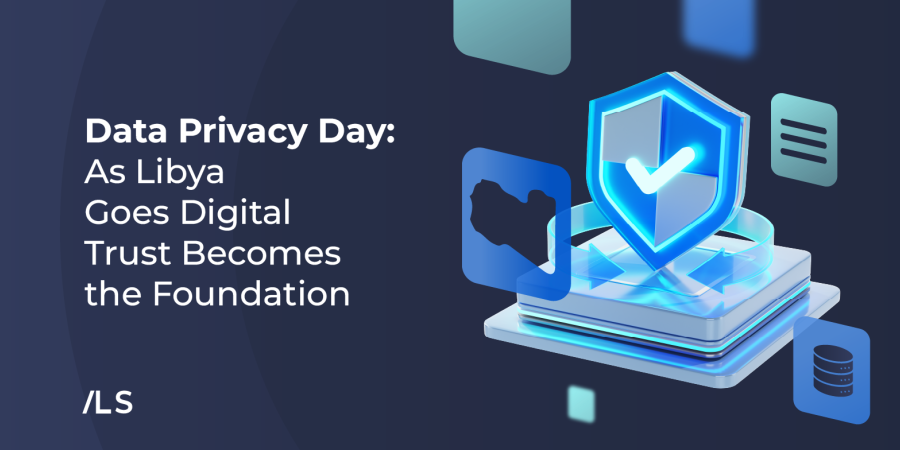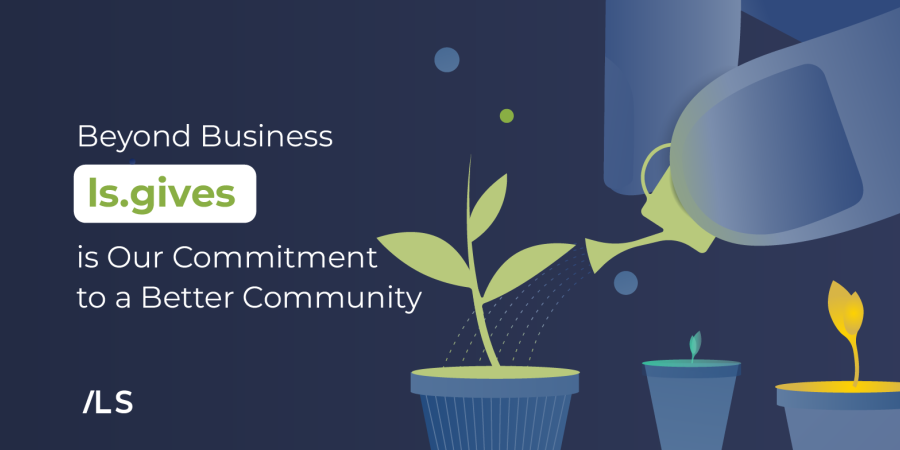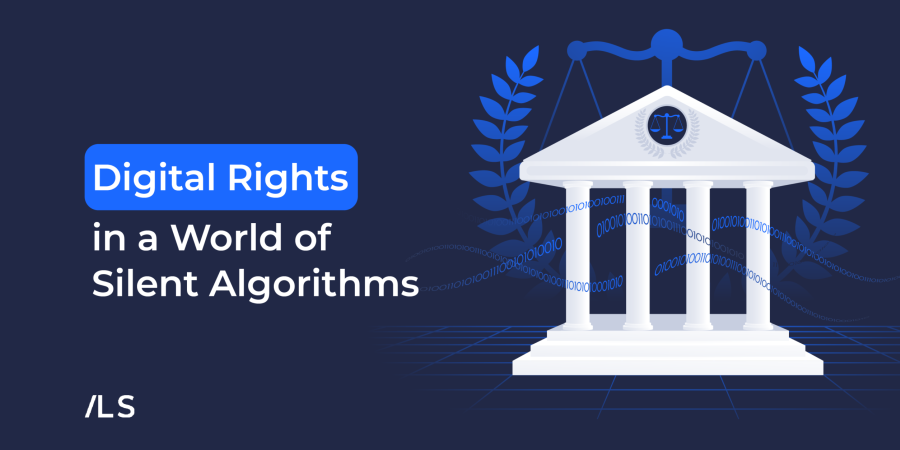Blog
Stay updated with our new news
2 Decades of Listening: The Story of Trust and Customer Rights at Libyan Spider

When we started Libyan Spider over two decades ago, Libya’s digital economy was still in its infancy. Technology was a privilege, not a standard, and customer expectations were shaped by face-to-face service and trust built over tea, not by ticketing systems or dashboards. Yet, even then, we made a simple but radical choice: to place the customer at the center of everything.
In a country where services were scarce and infrastructure uncertain, we believed that building trust with our customers wasn’t just good business — it was the only way forward. We trained our teams to listen, solve problems before they escalated, and treat every interaction as an opportunity to strengthen relationships, not just close transactions.
From Practice to Culture
This ethos became the heartbeat of Libyan Spider. By 2023, we formalized it with the creation of a dedicated Customer Experience Department — a milestone that transformed our instinctive commitment into a structured discipline.
“Customer service shouldn’t just be a department; it should be the entire company.” — Tony Hsieh.
This belief has guided us from the very beginning. Our CX department may be new, but our culture of customer-centricity runs through every team, every project, and every decision.Throughout 2024, our team worked tirelessly to build stronger relationships, streamline your interactions, and solve your challenges with a human touch. We welcomed over 3,200new clients, expanding our community to serve more than 44,000 clients across Libya and beyond. We earned an outstanding 9.1/10 Customer Satisfaction Score, reflecting the trust customers place in us. Our digital presence expanded to over 102,000 followers and 1.49 millionengagements, transforming conversations into communities.
CX in an Emerging Market
Operating in an emerging market like Libya means more than providing services — it means filling gaps, educating users, and building an ecosystem of trust. Our sales team achieved a 96.9% CSAT score, while our technical support team earned 96.3% CSAT and 100% CES in 2024, making it easier and smoother for customers to work with us.
We handled more than 8,100 support tickets and 36,500 phone calls — each one a real moment of problem-solving, not just a metric.
Behind these numbers are stories: a midnight server secured before a threat reached it, a small business owner guided through their first cloud deployment, a student project saved from downtime during exam week. This is the human face of CX in Libya — proactive, empathetic, and culturally aware.
Empowering Customer Rights Together
We know that a great customer experience goes beyond service quality; it also includes empowering customers’ rights. That’s why we partnered with organizations like “Arraqeeb الرقيب” — a consumer protection NGO — to champion fair practices and strengthen customer awareness in Libya.
In parallel, Libya is now moving to institutionalize these principles: draft Law No. 2 of 2022 on Consumer Protection (مسودة 2022) includes strong rights for consumers — from the right to accurate information, the right to repair or refund, clear Arabic documentation, and the establishment of a national authority to enforce protections. Libya Law Society
This emerging legal framework affirms what we’ve believed all along: customer rights and good service aren’t optional — they are essential pillars of trust and fairness.
Looking Ahead
As Libya’s digital landscape evolves, our commitment to CX remains our Guiding Principle. We’re expanding our infrastructure, maintaining ISO/IEC 27001 & 27017 certifications, and extending 24/7 support through our LS Evening Shift, ensuring businesses are backed around the clock. But more importantly, we’re continuing to listen, learn, and innovate alongside our customers.
Customer Experience isn’t a department at Libyan Spider. It’s a story we write together — with our clients, our partners, and our team. It’s the story of building trust in a young market, protecting customer rights, and proving that even in challenging environments, service can be a source of dignity and empowerment.
Share:
Comments (2)
Leave a Reply Cancel reply
More Articles

Stop Using Traditional VPNs: Why Cloudflare Tunnel Is the F…

Data Privacy Day: As Libya Goes Digital, Trust Becomes the…

Beyond Business: ls.gives is Our Commitment to a Better Com…


ما شاء الله تبارك الله عليكم فعلا خدمة زبون رهيبة ربي يحفظكم والله أنا والكثير من زملائي أفضل التعامل معكم أكثر من الشركات الكبرى الثانية زي Hostinger و GoDaddy رغم تميزهم. لكن حقيقة في ليبيا وأزعم حتى في الشرق الأوسط وشمال إفريقيا أنتم الأفضل.
نفخر بأنكم شركة خرجت من دولة في أوج صراعاتها السياسية والأمنية رغم حساسية مجالكم.
نتمنى لكم التوفيق.
نشكر لكم كلماتكم الكريمة وثقتكم العالية في خدماتنا.
يسعدنا جدًا أن نكون عند مستوى توقعاتكم،
ويشكّل تقديركم حافزًا دائمًا لنا لمواصلة تطوير خدماتنا والارتقاء بجودة ما نقدّمه.